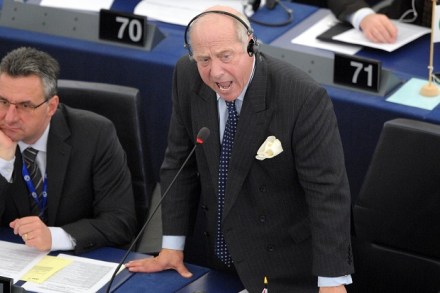In defence of the Boat Race
It’s Boat Race time again and as soon as the BBC starts its broadcast on Sunday there will be those who invade Twitter and such places, having a moan faster than the Bullingdon Club can trash an Oxford curry house. Why’s it always the same two teams in the final? The more strident will demand why licence fee payers’ money is being spent on a private race that’s of no interest to anyone who wasn’t educated under one set of dreaming spires or the other. It’s amazing how many people went to Oxbridge, in that case. Why do more than seven million viewers tune in each year, and why has







